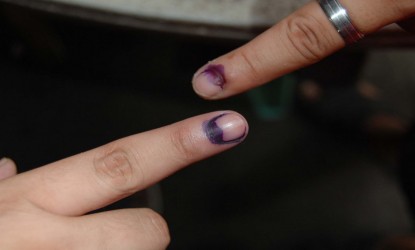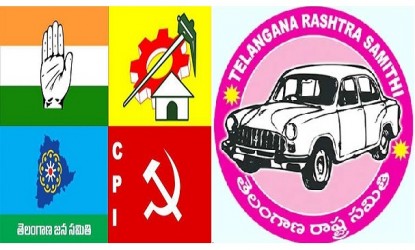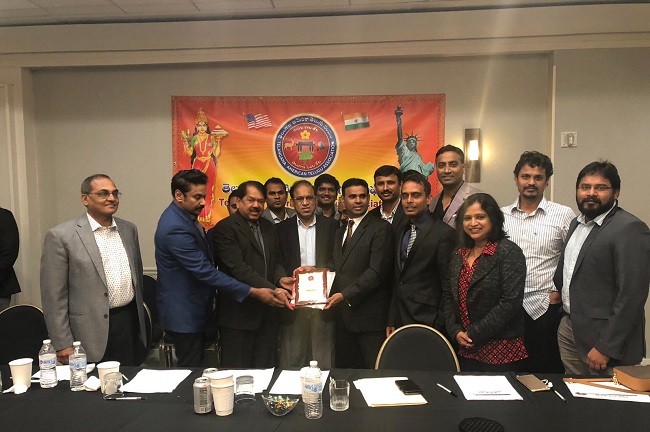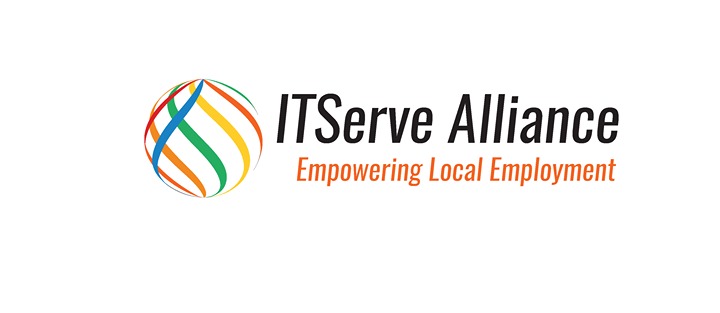Telangana News

Indelible ink to those exchanging notes
As a new move, the Central government has announced that people who exchange cash at banks, would receive an indelible ink mark on their finger, to prevent repeated conversions.
The latest decision has taken as a measure to reduce large crowds at banks. Economic Affairs Secretary Shaktikanta Das announced the move, explaining that it was, in response to reports of people attempting to convert their black money to white by visiting banks multiple times.
"The reason for long queues at banks and ATMs is that the same people keep coming again and again at different places. We have received reports that many people are trying to convert black money into white and they have organised groups of people and are sending them to exchange money," Das said.
"To solve this problem, we have decided to use indelible ink marks, similar to elections, at cash counters... This will start today in major cities," he said.
He repeated the government's plea to the public against panic and knee-jerk reactions. "The situation is improving day by day. We are sure it will ease out in the coming days. There is no reason to panic. There is enough stock of notes available in the system. Government is constantly monitoring the situation," Das said.
Das also cautioned against believing messages on social media. "There are a lot of stories on social media, like reports of certain institutions going on strike. On zooming into the picture, it was found to be from 2015. There is no such thing (strikes), please don't believe it," Das said.
Adding to it, Das also specified about the setting up of task force to assist banks, with the logistics of handling old notes, increasing the cash availability at post offices and district cooperative banks; monitoring the illegitimate deposits into Jan Dhan accounts; a special task force to monitor the infusion of fake currency.
He even requested the religious institutions to deposit smaller denominations received in donations, expecting that would increase the liquidity.






